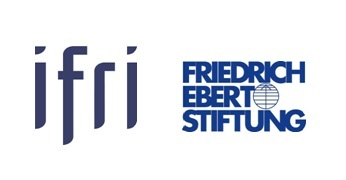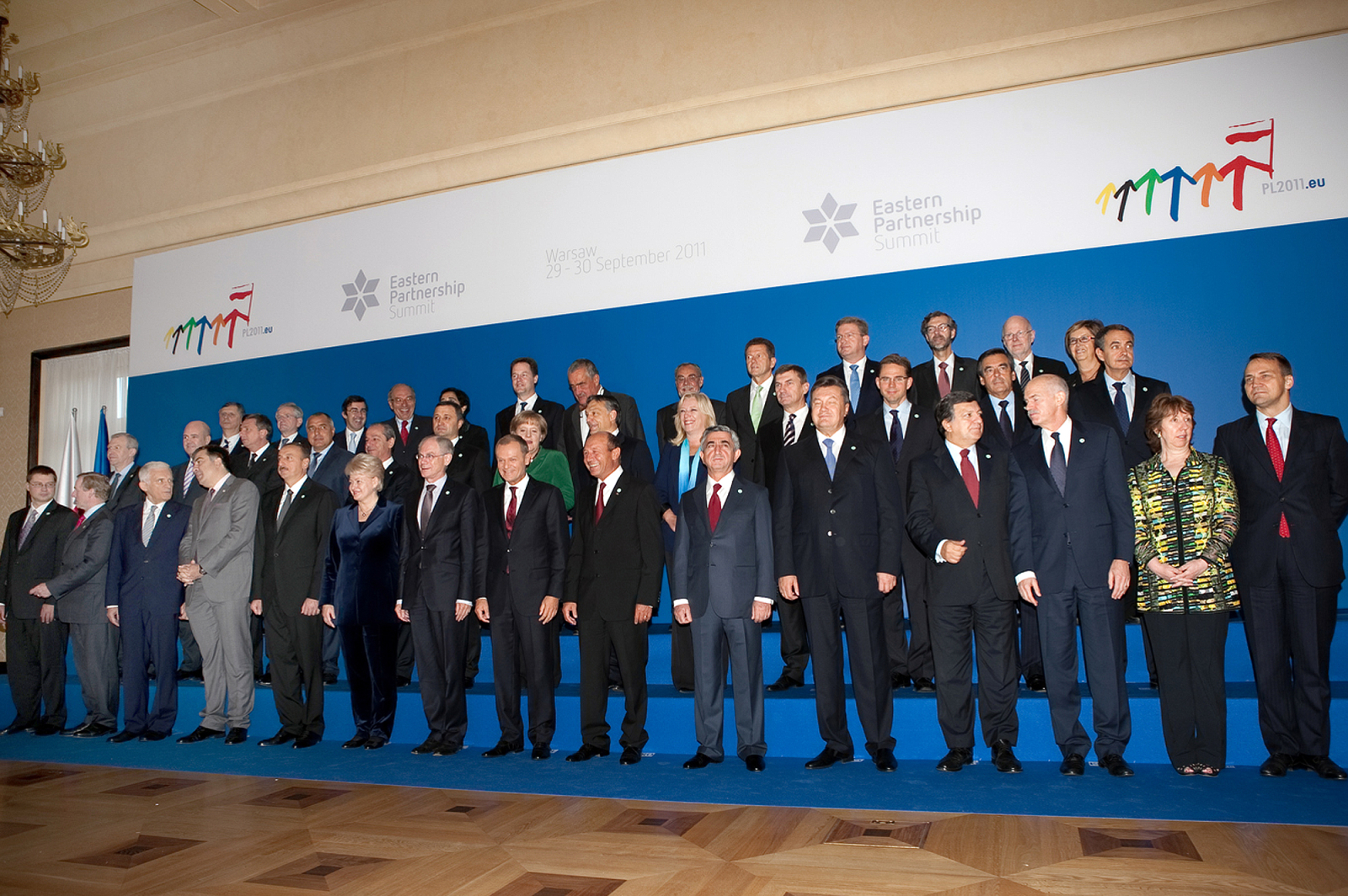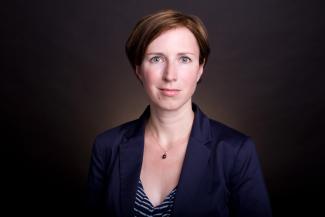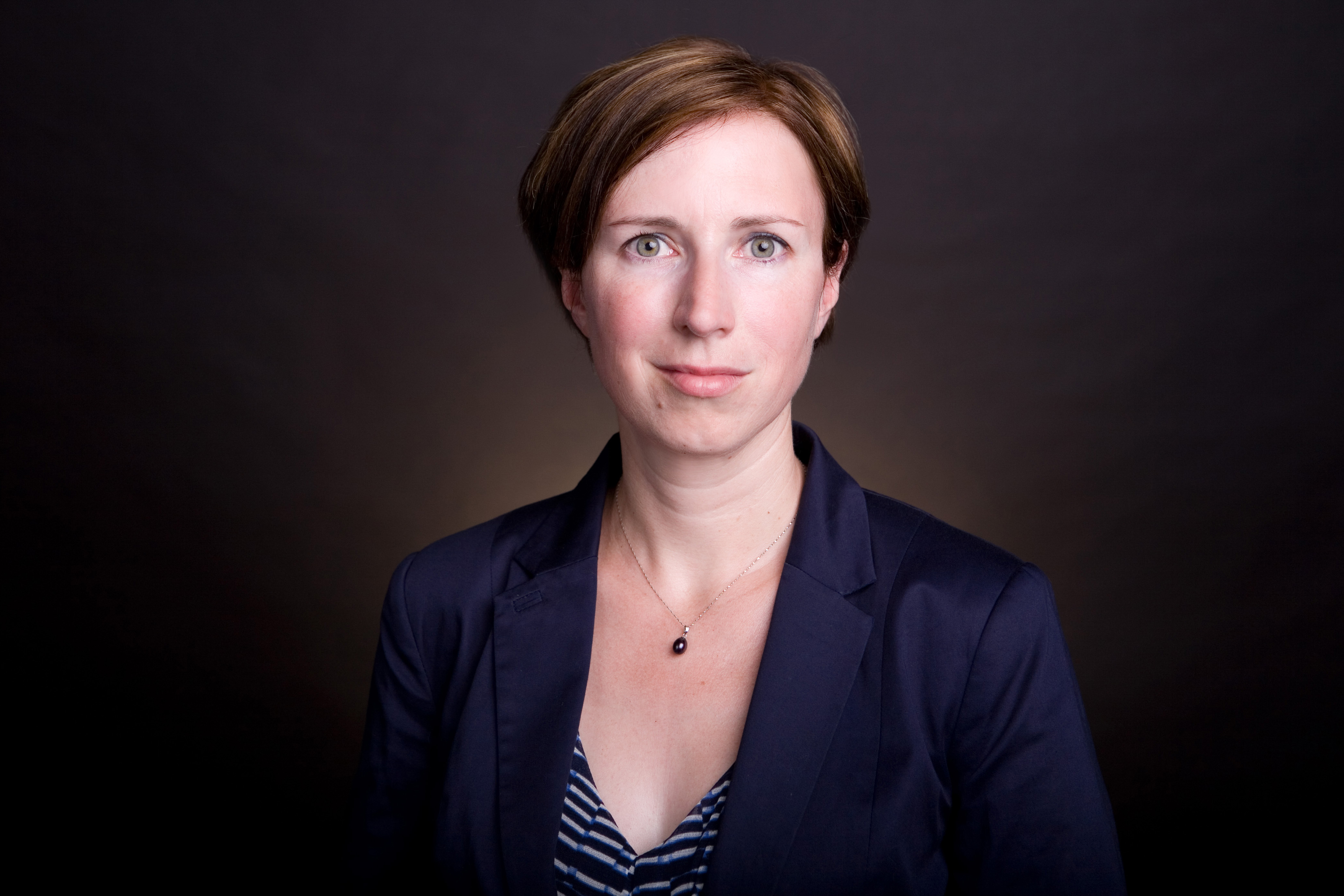Scénarios pour l'avenir des relations entre l'UE, la Fédération de Russie et les pays du Partenariat oriental

Informations pratiques
Accessibilité
Centres et programmes liés
Ceci est un événement réservé.
En savoir plus sur nos programmes de soutien
La Fondation Friedrich Ebert (FES) et le Comité d'études des relations franco-allemandes (Cerfa) de l'Institut français des relations internationales (Ifri) organisent un atelier d'experts visant à discuter des options politiques que la France, l'Allemagne et leurs partenaires européens devraient envisager pour définir leurs intérêts communs et façonner la future politique de l'Union européenne.
Le programme est disponible en anglais.
Nos partenaires
Intervenants
Sujets liés
Autres événements

L’équation énergétique de l’IA en Europe : entre compétitivité et soutenabilité
À l'heure où l'Europe s'efforce à la fois de renforcer sa souveraineté énergétique et de respecter ses engagements climatiques, l'intelligence artificielle s’avère un levier stratégique. Les Européens font toutefois face à un double défi : renforcer leur compétitivité tout en maîtrisant l’empreinte énergétique des infrastructures numériques nécessaires au développement de l’IA.

Moyen-Orient : perspectives 2026
En 2025, le Moyen-Orient reste marqué par une instabilité durable. Le déchaînement de violence déclenché par l’attaque du Hamas en Israël le 7 octobre 2023 a profondément modifié les équilibres régionaux. Les tensions entre Israël, le Hamas, le Hezbollah et l'Iran persistent, faisant toujours planer le risque d'une escalade militaire. L'échec des cadres politiques existants est mis à nu par les conflits : quelle gouvernance pour les Palestiniens ? Comment remettre en marche le moteur libanais ? Que reste-t-il du système iranien ?

Conférence navale de Paris 2026 : Réarmement naval et opérations en eaux contestées
Cette quatrième édition de la Conférence navale de Paris (CNP), en réunissant des intervenants militaires, industriels et académiques de haut niveau, abordera les défis liés au réarmement naval général et aux opérations navales dans des environnements de plus en plus contestés.













